Nutritional value of crab soup
VietNamNet newspaper quoted Master, Doctor Nguyen Van Tien (NutritionEducation and Communication Center, National Institute of Nutrition) as saying that field crabs are a very familiar food for Vietnamese people, especially rural people. Field crabs live mainly in rice fields, but also in lakes and ponds. Field crab soup is cool, nutritious, easy to eat, and rich in calcium and nutrients.
100g of field crab provides 87 kcal, 12.3g of protein, 3.3g of lipid, 2g of glucid. The amount of vitamins and minerals, especially calcium in field crab is very high. In 100g of crab there are up to 5,040mg of calcium, 430mg of phosphorus, 4.7mg of iron, 2.1mg of vitamin PP.
The quality of protein in freshwater crabs is also good. Through analysis, it was found that 8/10 essential amino acids include lysine, methionine, valine, leucine, isoleucine, phenylalanine, threonine and tryptophan.
In addition to its nutritional value, according to Hai Thuong Lan Ong's book, field crabs are called "Dien giai": "Dien giai is a sweet and cold field crab, slightly toxic, often produces wind, has the effect of connecting tendons and bones, treating wind heat, eliminating poisonous pimples, and blood clots".
Field crab can be prepared with a variety of vegetables and tubers such as: crab cooked with jute, Malabar spinach, amaranth, water spinach and taro, luffa, squash, pumpkin. Crab cooked with sour soup is also crushed and filtered to get the water like soup, but not cooked with vegetables but using a sour substance such as star fruit, tamarind, and sour plum. Crab soup can be combined with rice or eaten with vermicelli, with thinly sliced rice cakes...
Regarding the nutritional value of crab soup, in addition to the nutrients in crabs, vegetables cooked with it also provide nutrients and vitamins for the body. Crab soup has many nutrients such as protein, calcium, iron, and also helps to replenish water and electrolytes for the body in hot weather.
If you cook a bowl of crab soup with Malabar spinach and squash, the ingredients include 55g of crab meat, 70g of Malabar spinach, 100g of squash, 5g of vegetable oil, 1g of salt, the nutritional value provided is 120Kcal, 9.1g of protein, 7.0g of lipid, 5.1g of glucid, 2.3g of fiber, 116µg of vitamin A, 1504µg of beta-carotene, 58mg of vitamin C, 218.7mg of calcium, 2.7mg of iron, 668.4mg of sodium, 558.9mg of potassium, 0.4mg of zinc.
Crab soup is a favorite dish of many people.
People who should not eat crab soup
Crab soup is good for health but not everyone can eat it. Health & Life Newspaper quoted Dr. Nguyen Huy Hoang as advising that when eating crab soup, one should pay attention to the following:
People with weak spleen and stomach
People with weak spleen and stomach often have symptoms of fear of cold foods, poor appetite, indigestion, frequent epigastric pain, and loose stools.
Field crab is a cold food. People with weak spleen and stomach should eat field crab as it can make the condition worse, leading to stomachache, bloating, and diarrhea.
The book "Compendium of Materia Medica" - a very prestigious ancient book on oriental medicine in Oriental medicine also records this issue: "People with cold spleen and stomach, loose stools, abdominal pain, prefer warmth, and are afraid of cold should not eat crab."
People with colds have not fully recovered.
People who have just caught a cold and have symptoms of chills, chills, runny nose, cough with white phlegm, etc. should not eat field crab.
Field crabs with cold properties can lead to a situation of "cold on top of cold", making the cold worse and taking longer to heal.
People with leprosy
Wind symptoms in Oriental medicine have a relatively wide range and are divided into many different types. Internal wind is wind that arises in the body due to excess liver yang, blood deficiency, and extreme heat, with symptoms such as shaking hands and feet, dizziness, headache, convulsions, and numbness.
Skin diseases caused by wind include sensitive skin diseases such as hives, eczema, itching, etc. Stroke and stroke-like symptoms have similar symptoms to cerebrovascular accidents according to modern medicine.
Rheumatism is a disease related to bone and joint pain caused by wind combined with cold and damp factors, causing body aches, heavy limbs, and painful and swollen joints depending on the weather.
According to Oriental medicine, field crabs are a food that causes "wind-induced seizures". People with wind-induced seizures should not eat field crabs, as this can cause the condition to recur or worsen.
Women with irregular menstruation
Women with irregular menstruation, especially those with cold constitution, often afraid of cold, and cold uterus should not eat field crab.
Irregular menstruation due to cold has symptoms such as menstrual cramps, long menstrual cycles, dark menstrual blood, and many blood clots. Crab is a cold food, not suitable for these people's constitution.
Do not eat crab with persimmons and tea.
Because crab contains a lot of protein, while persimmons and tea contain a lot of tannin. If you eat crab with persimmons or drink tea, the tannin will combine with the protein to form a sticky mass that is difficult to digest, easily causing intestinal spasms, leading to stomach pain, nausea, and even vomiting.
Do not eat raw or undercooked crabs.
Uncooked crabs contain a lot of bacteria, viruses and parasites including lung flukes, which are harmful to health if eaten.
Dead crabs should also not be eaten because dead crabs contain large amounts of bacteria and harmful decomposing substances such as histamine and histamine-like derivatives, which can easily cause poisoning or serious allergies.
Source: https://baolangson.vn/nhung-nguoi-nen-han-che-an-canh-cua-5050474.html


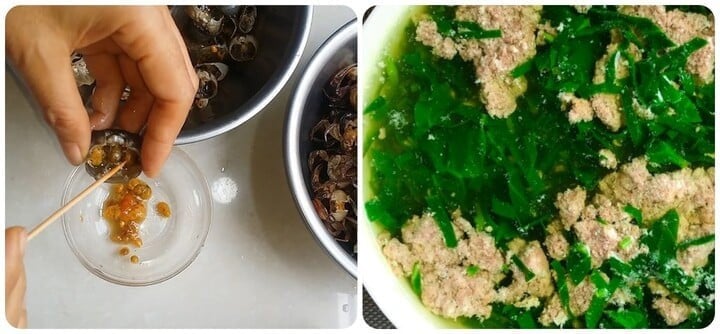











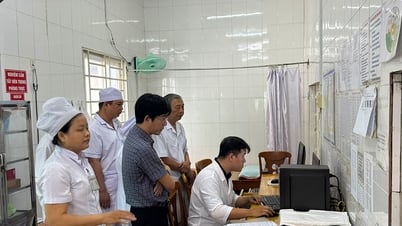

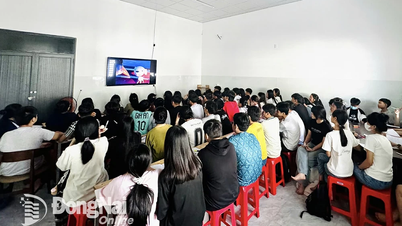

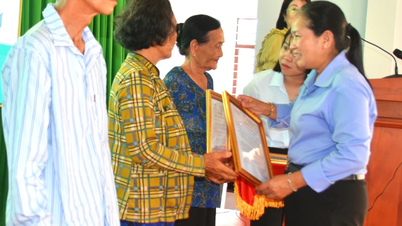







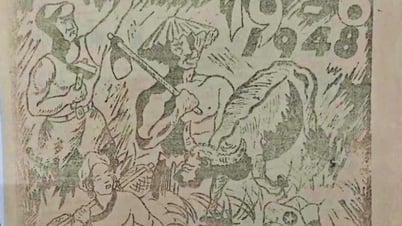


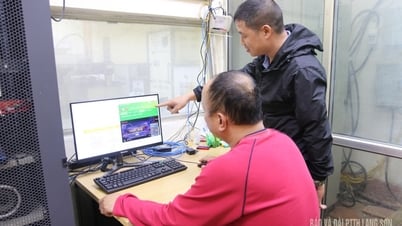










































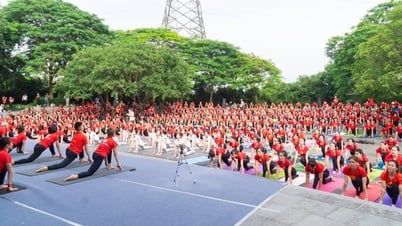

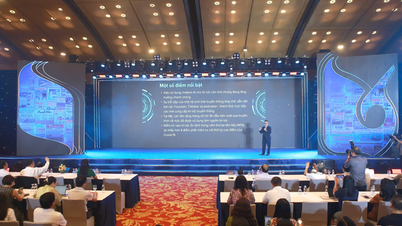













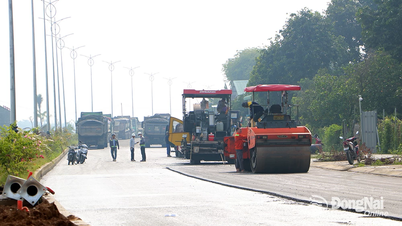













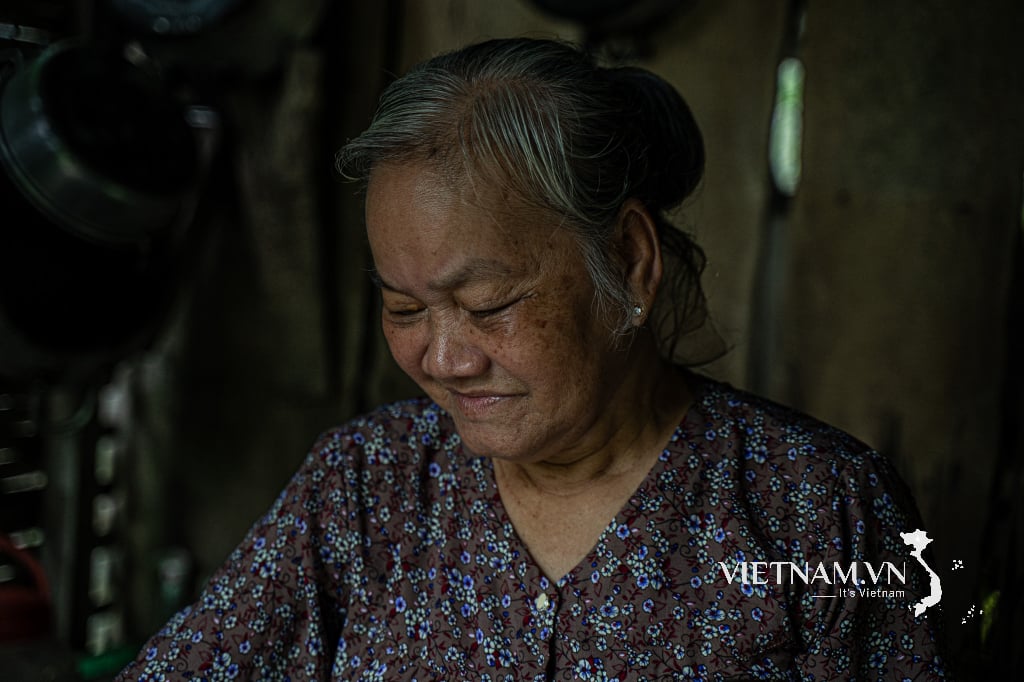
Comment (0)